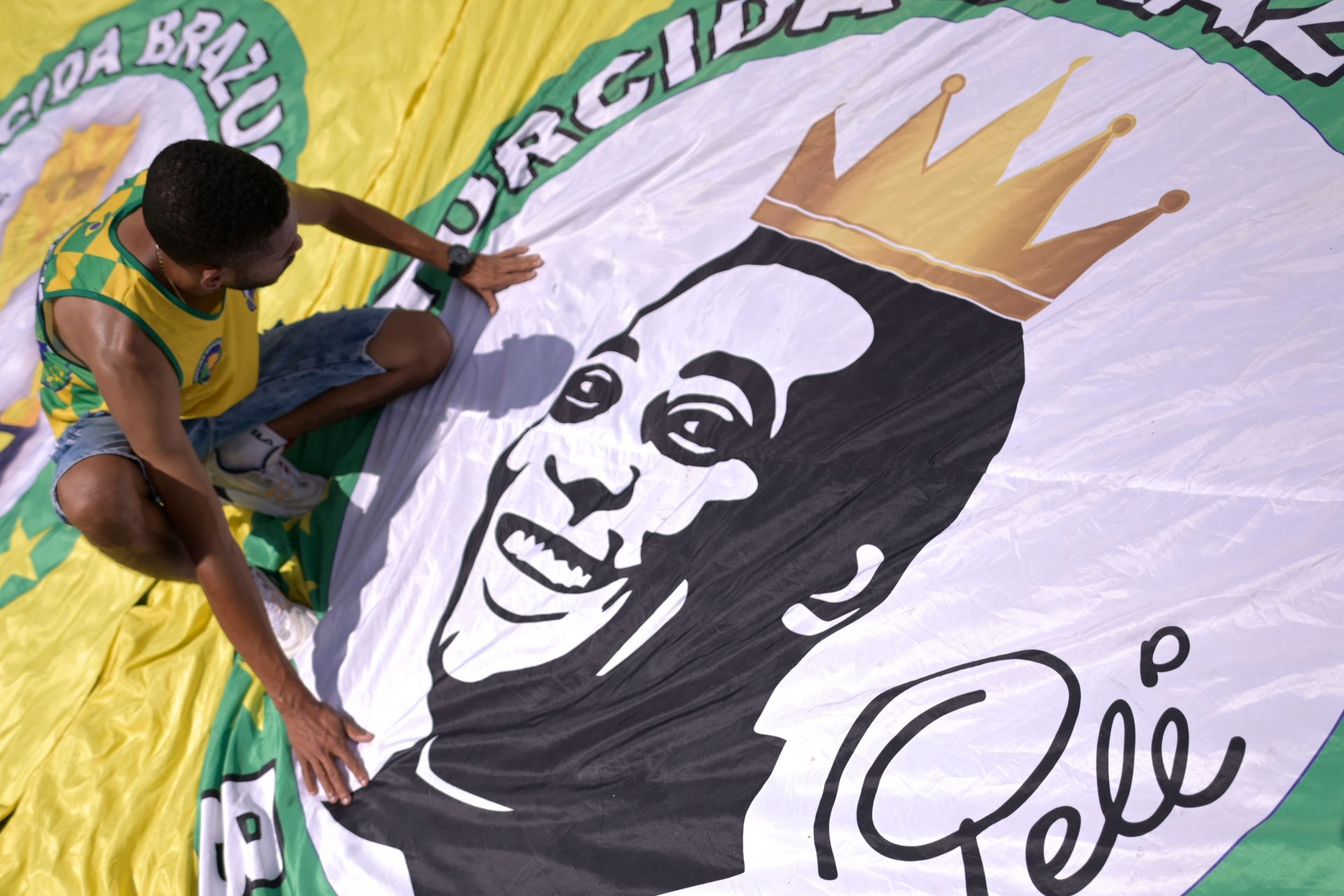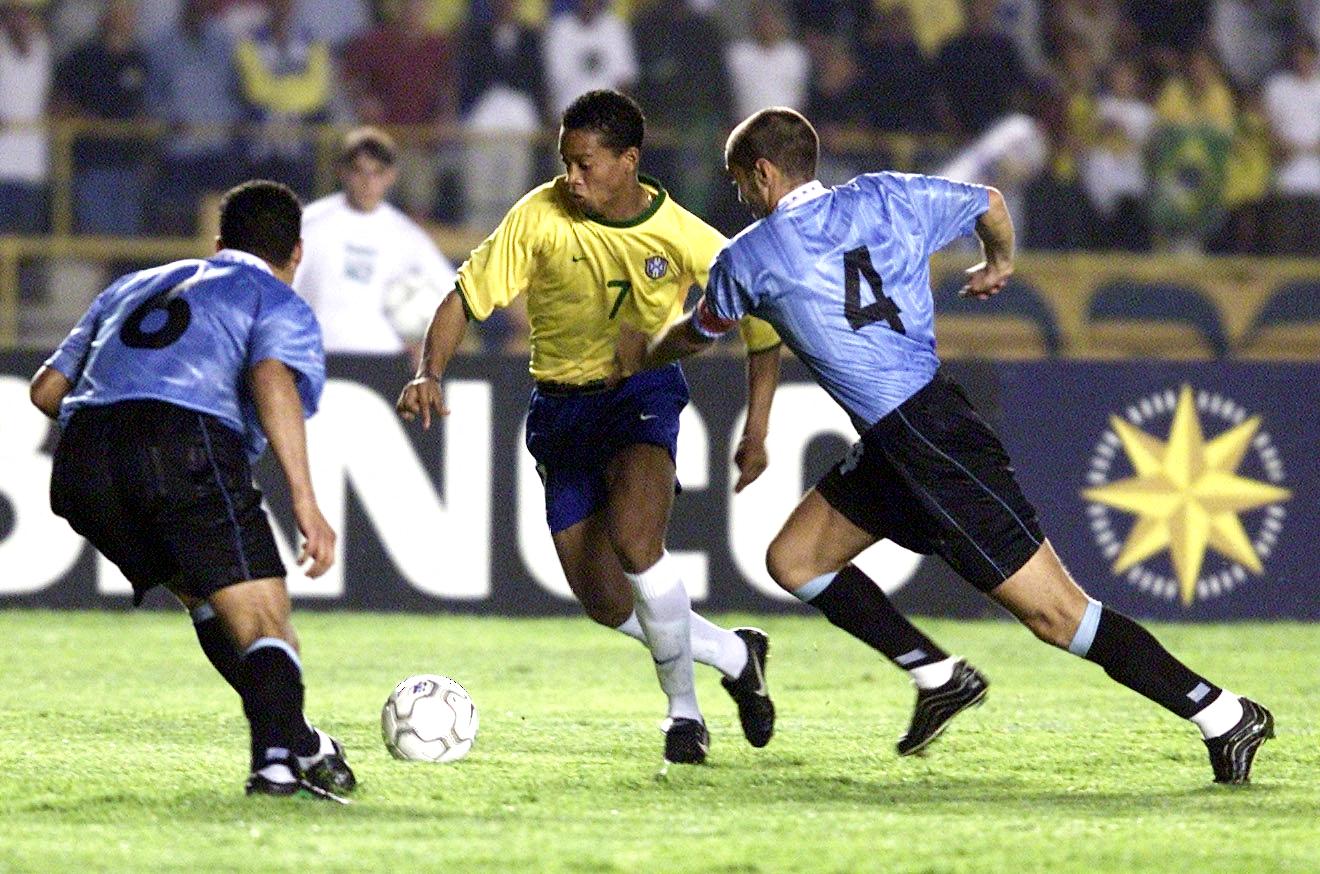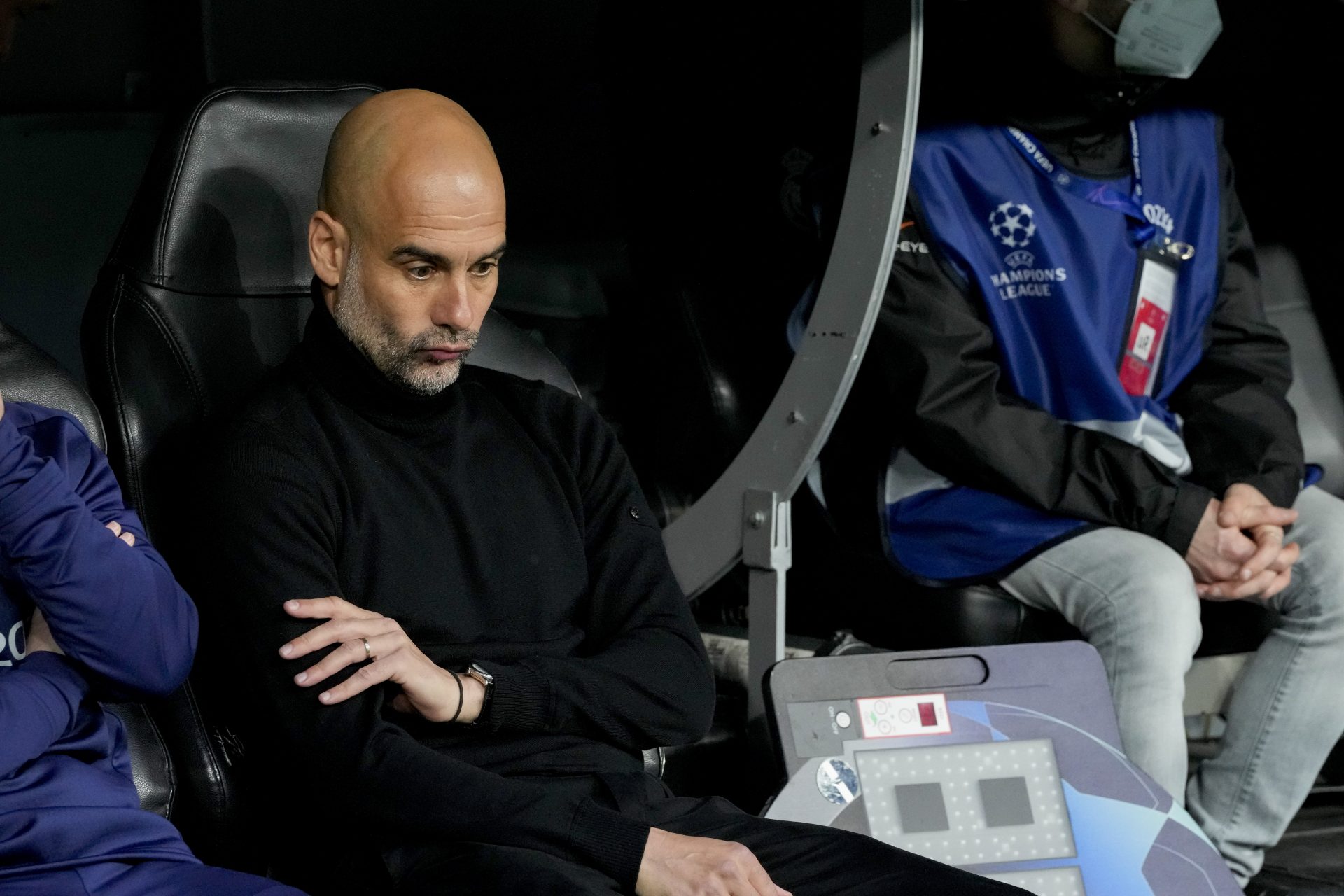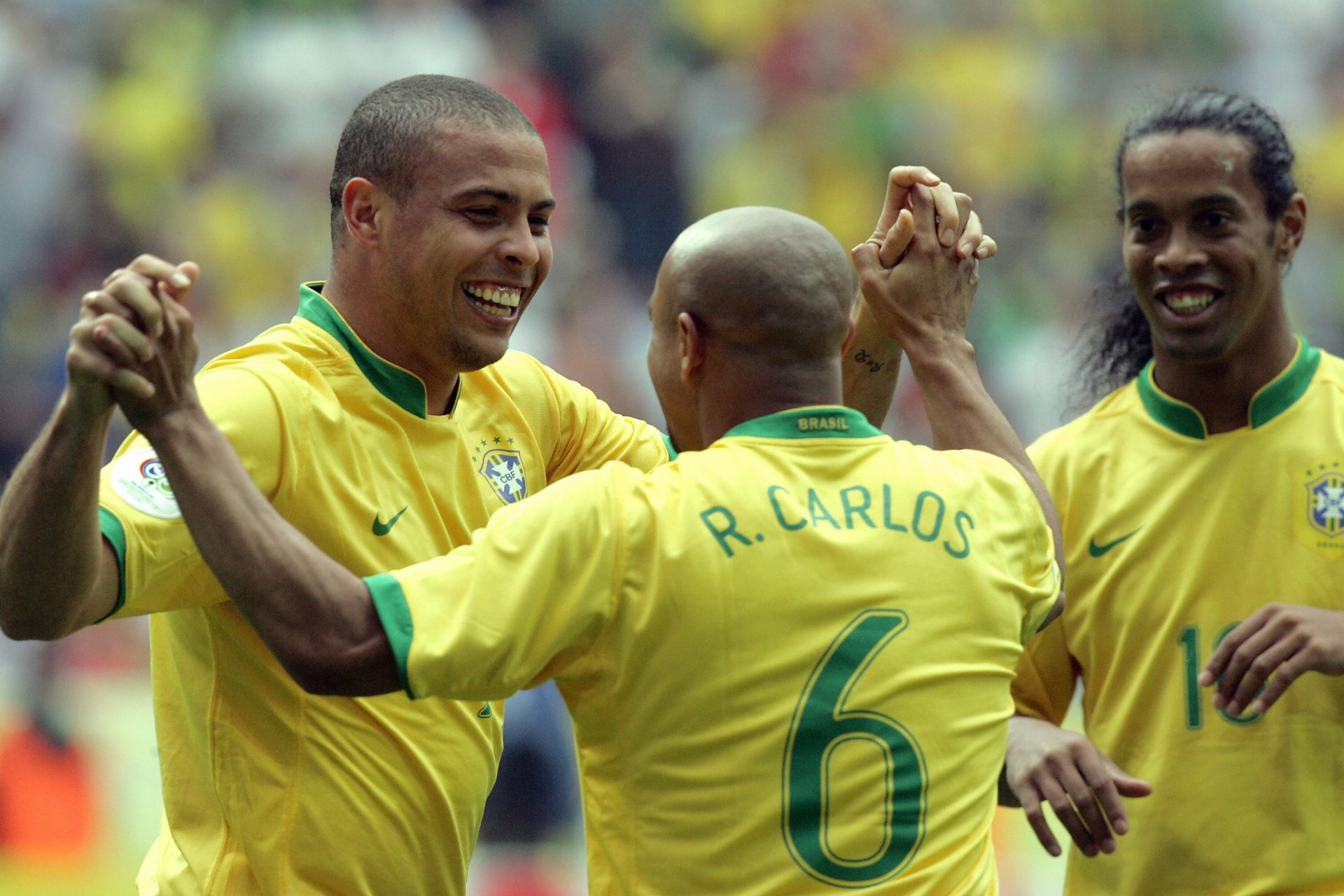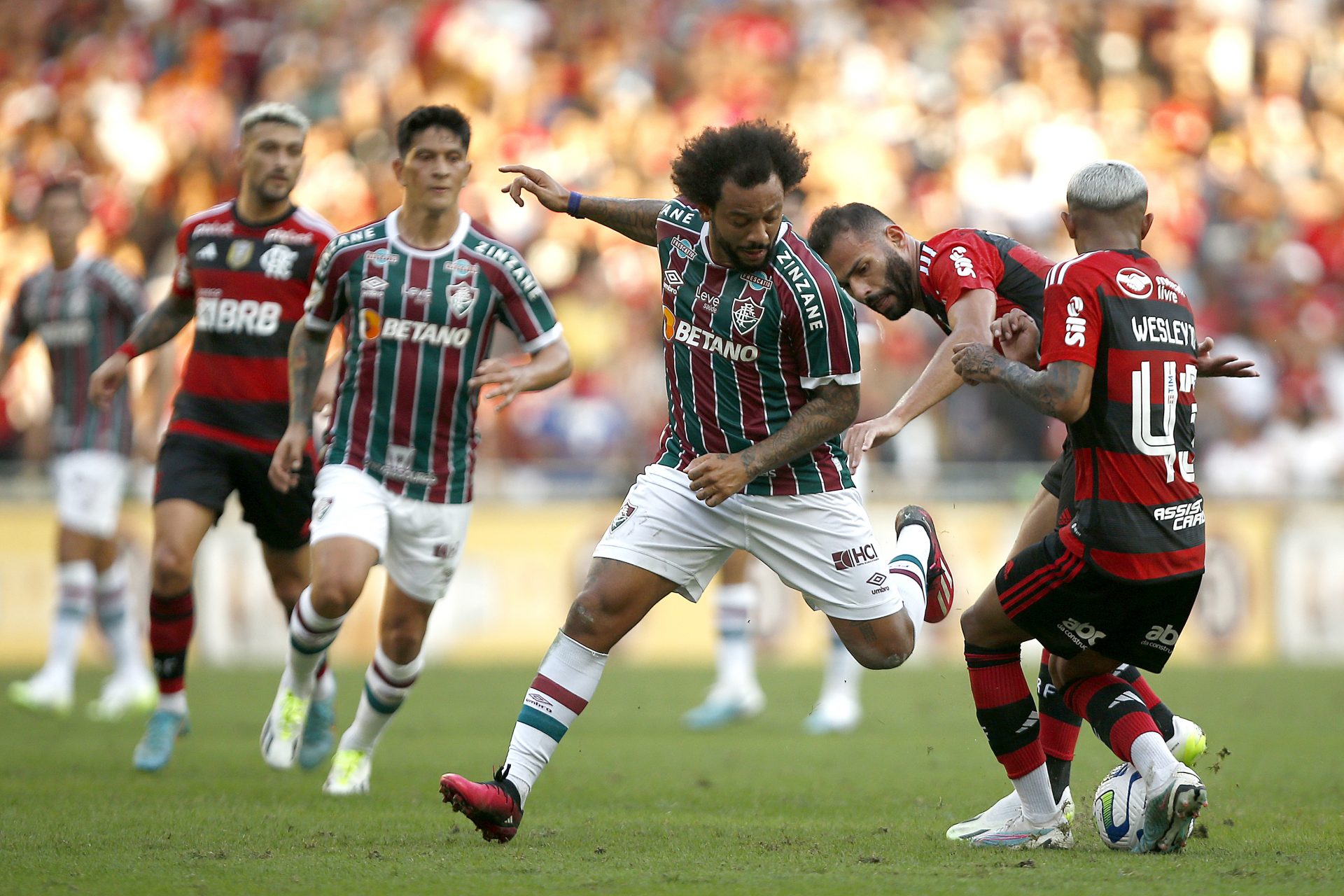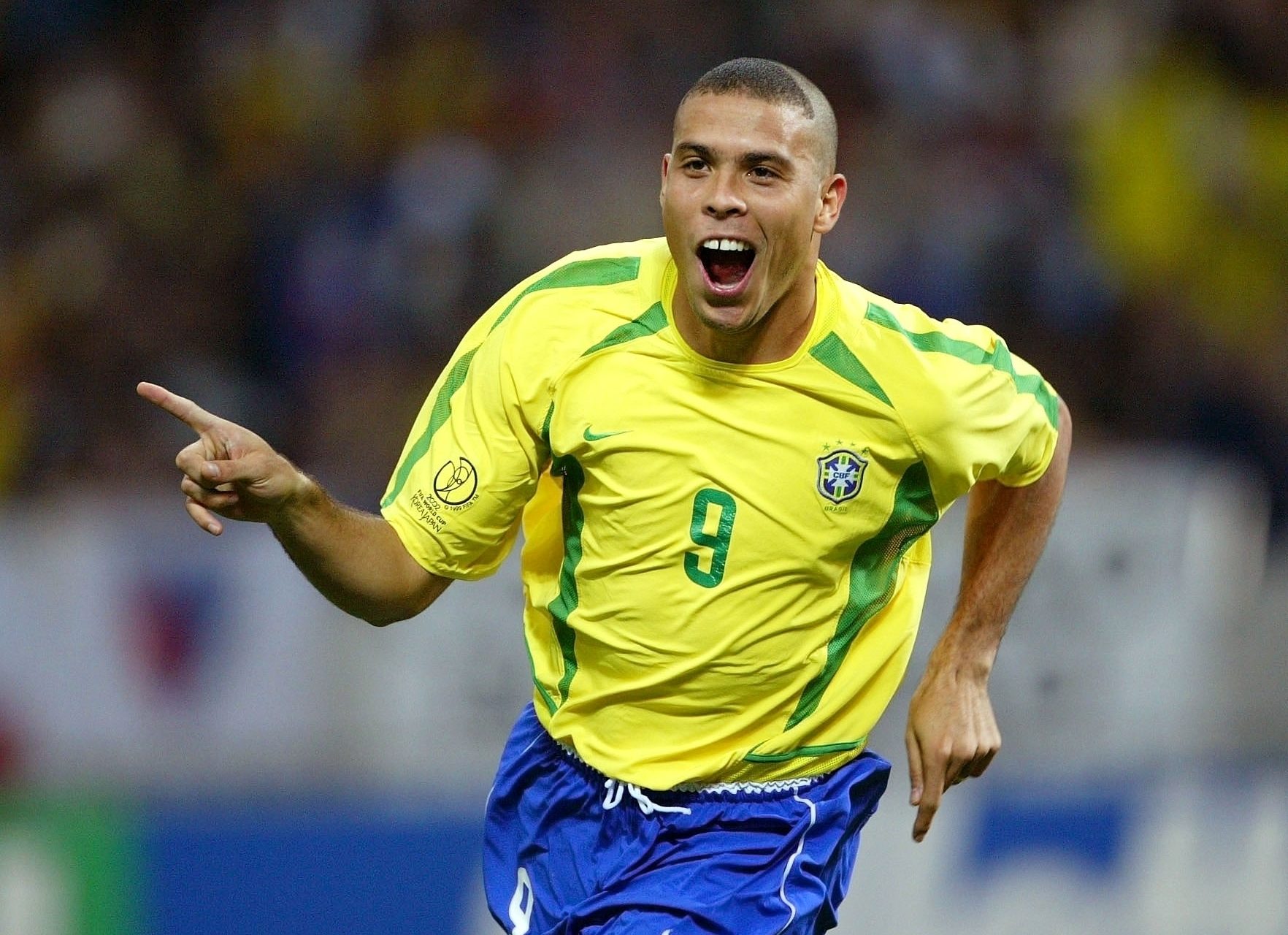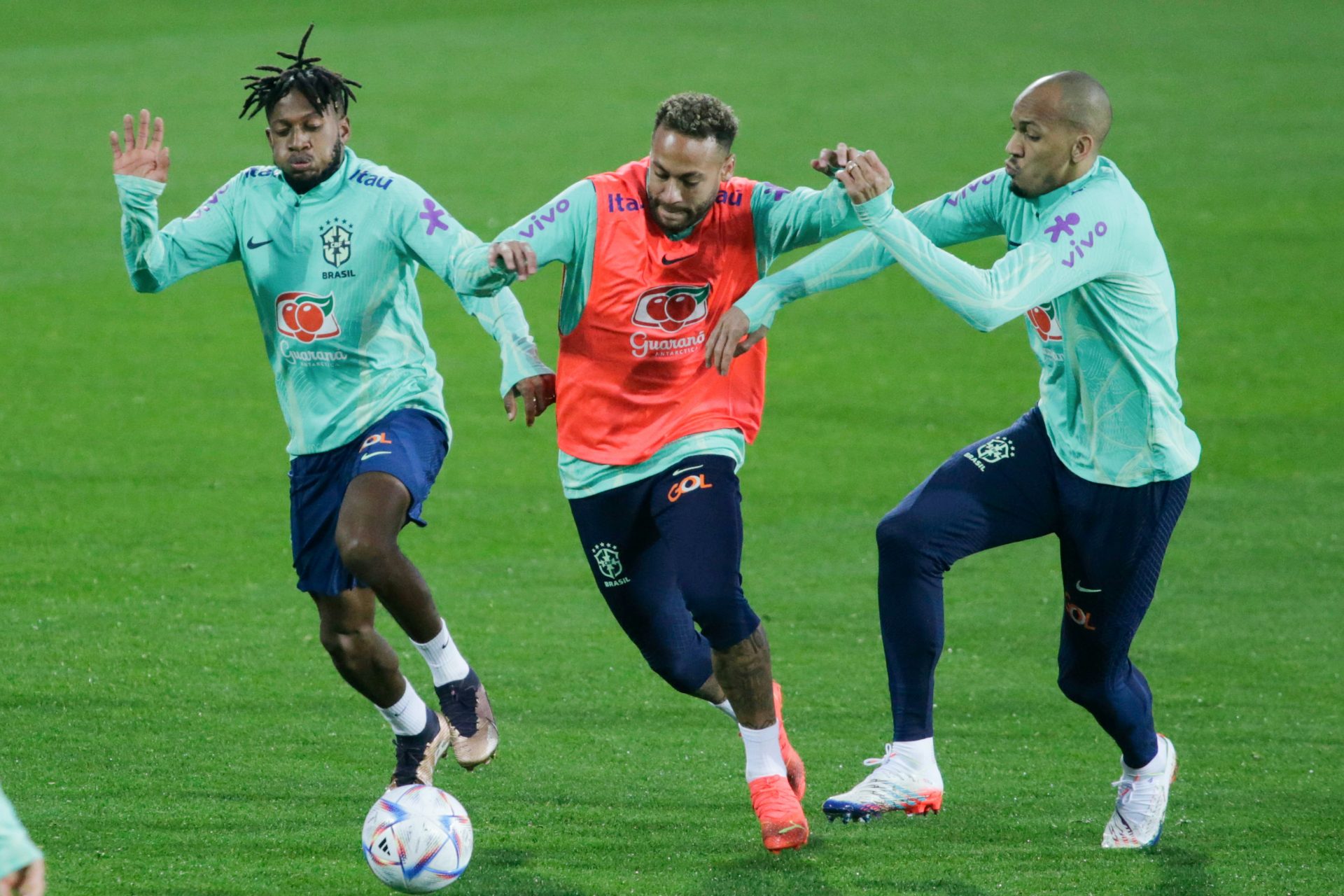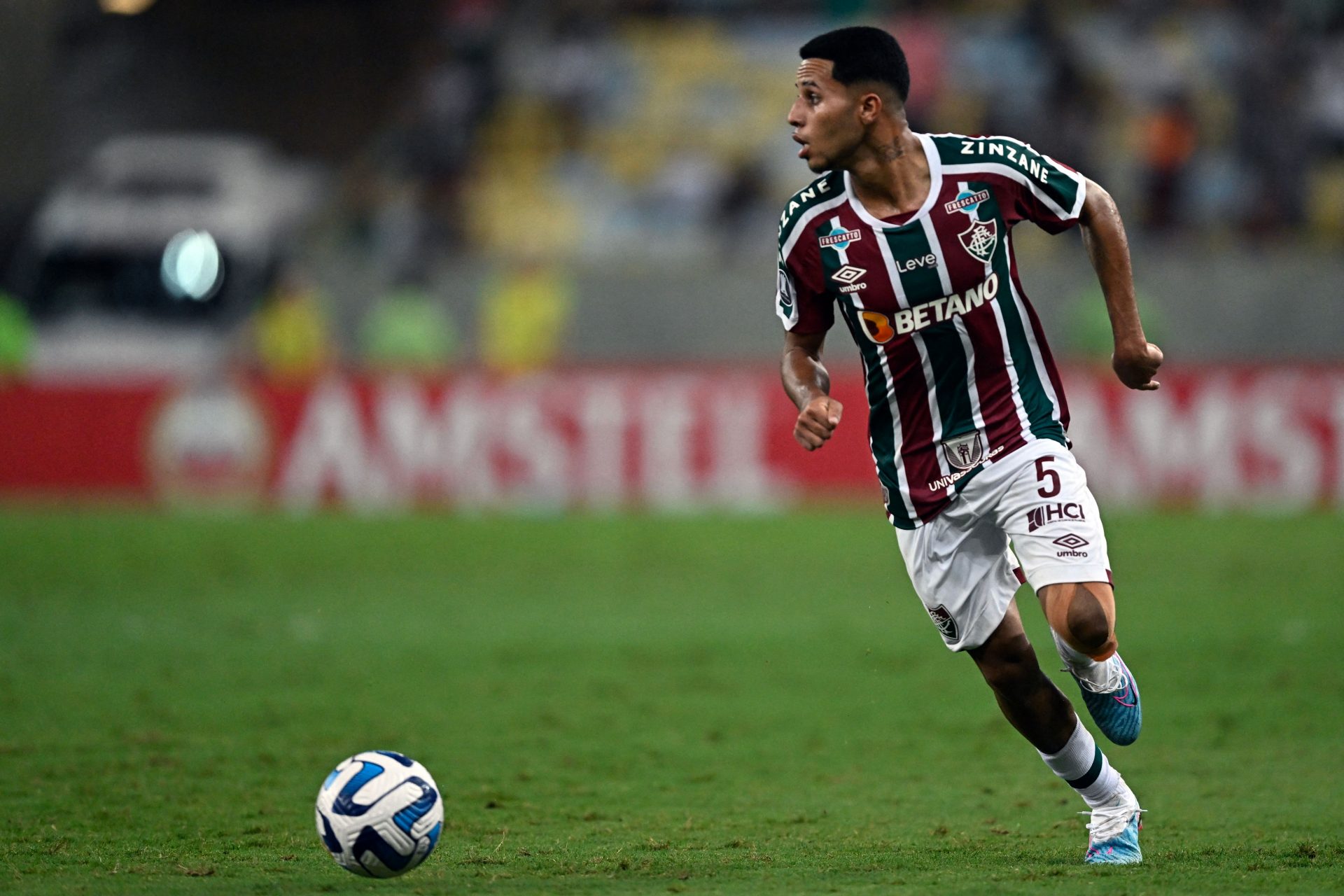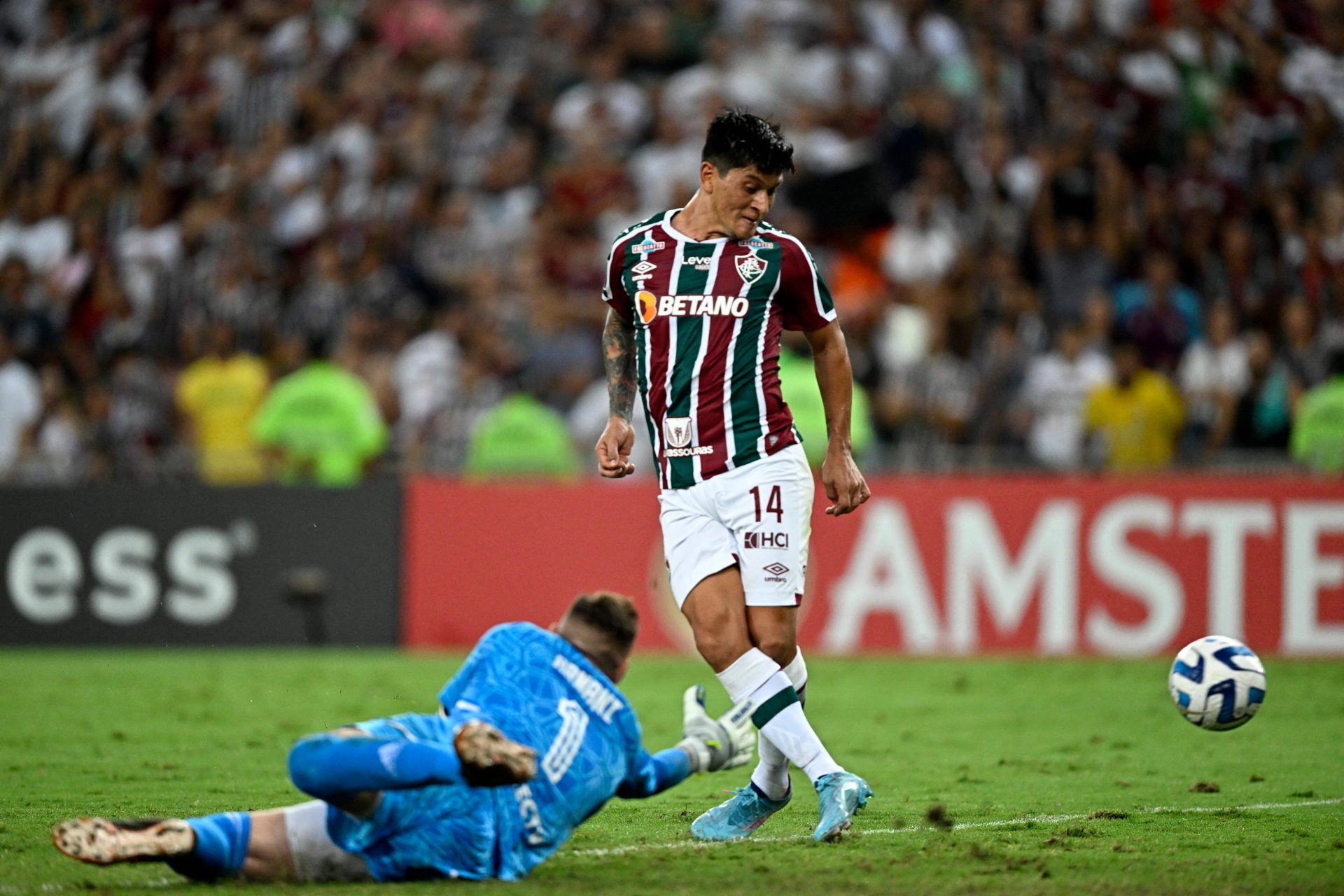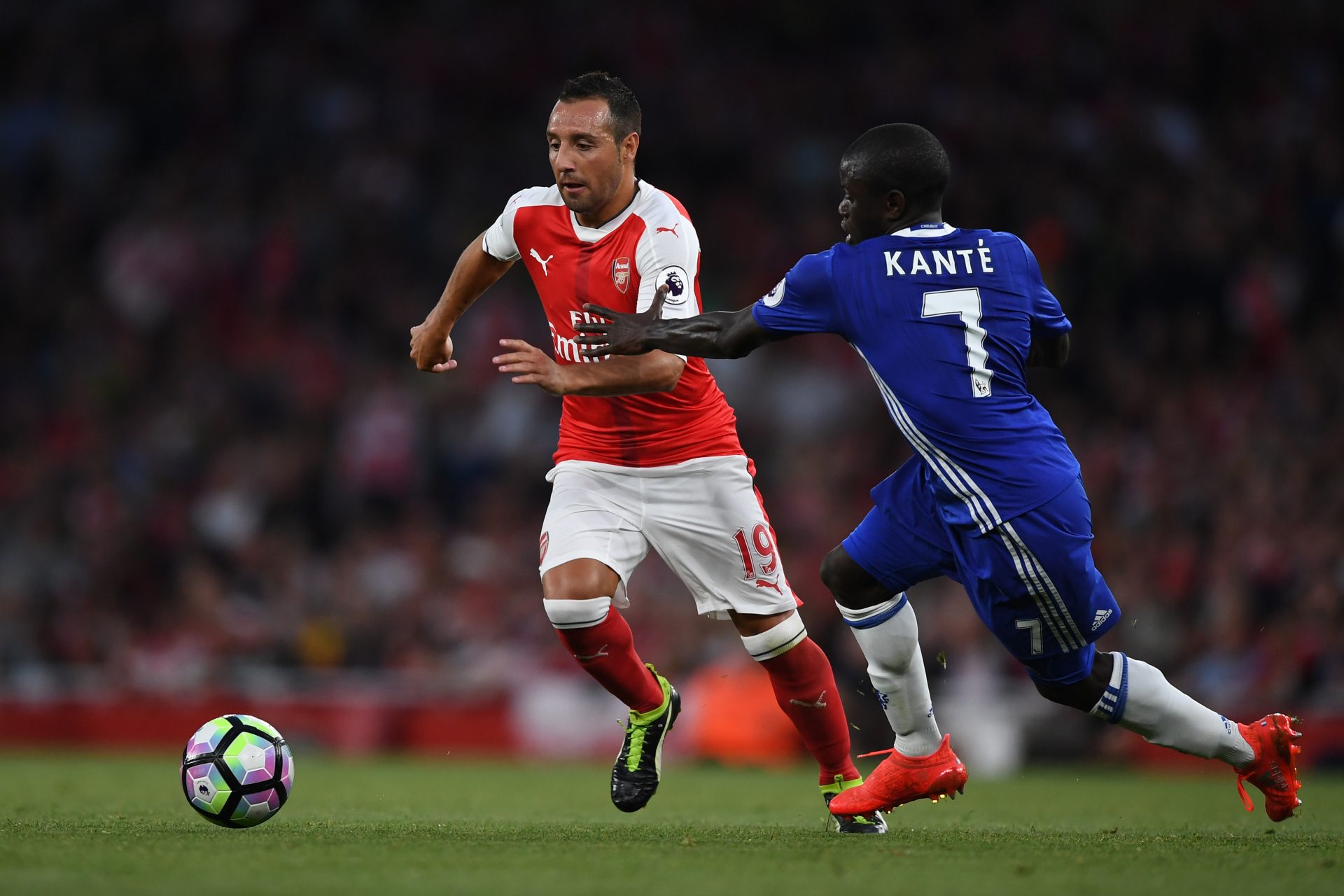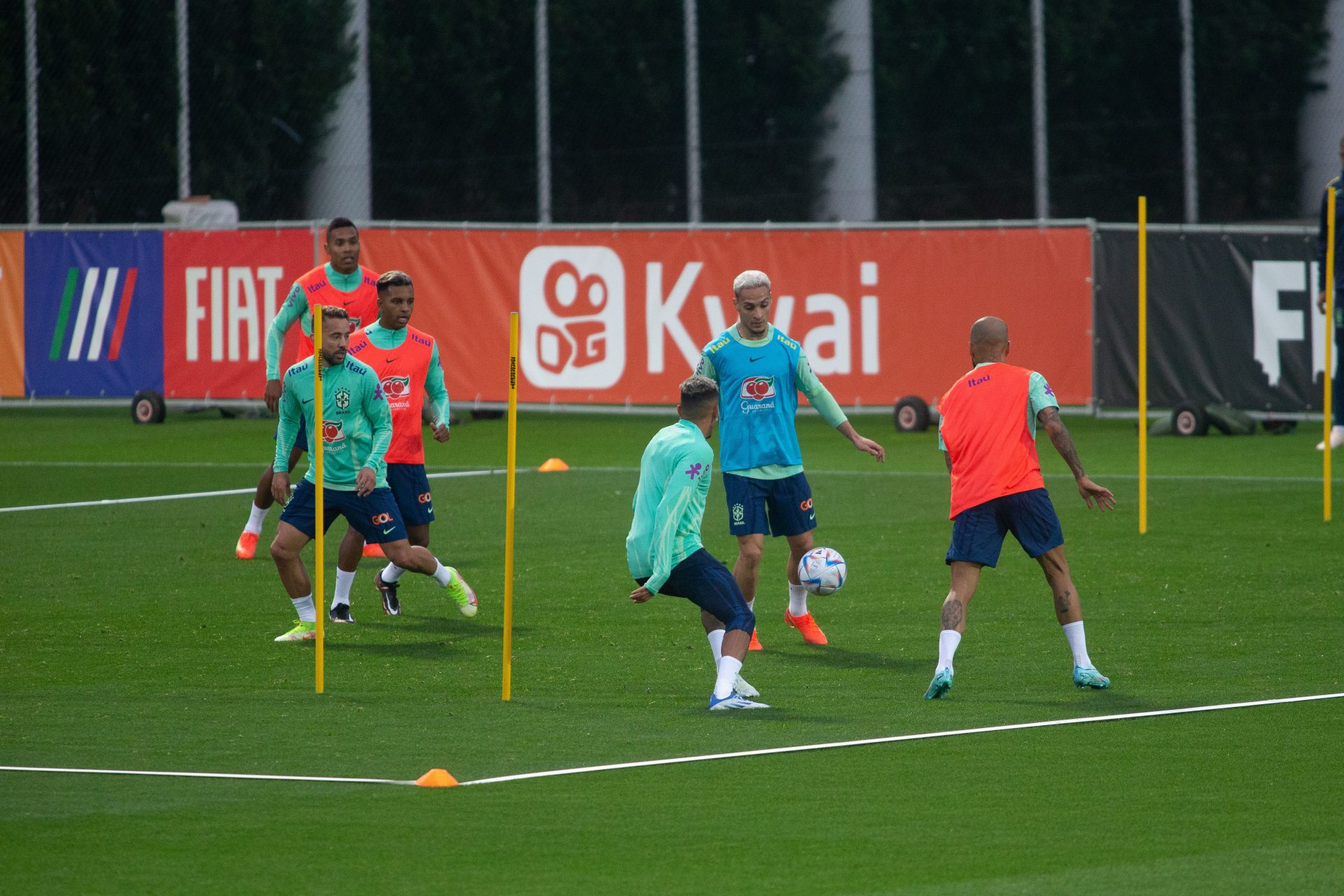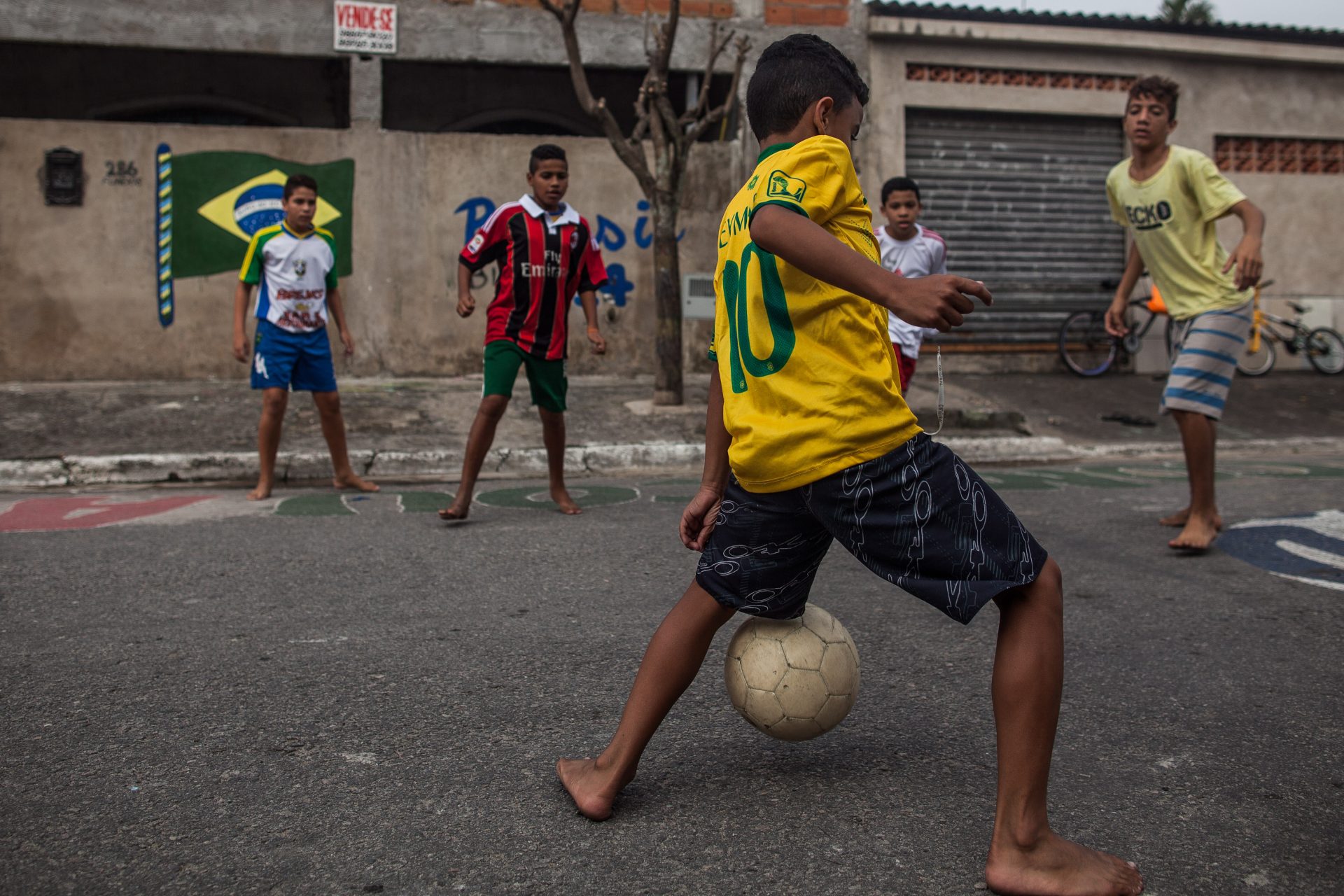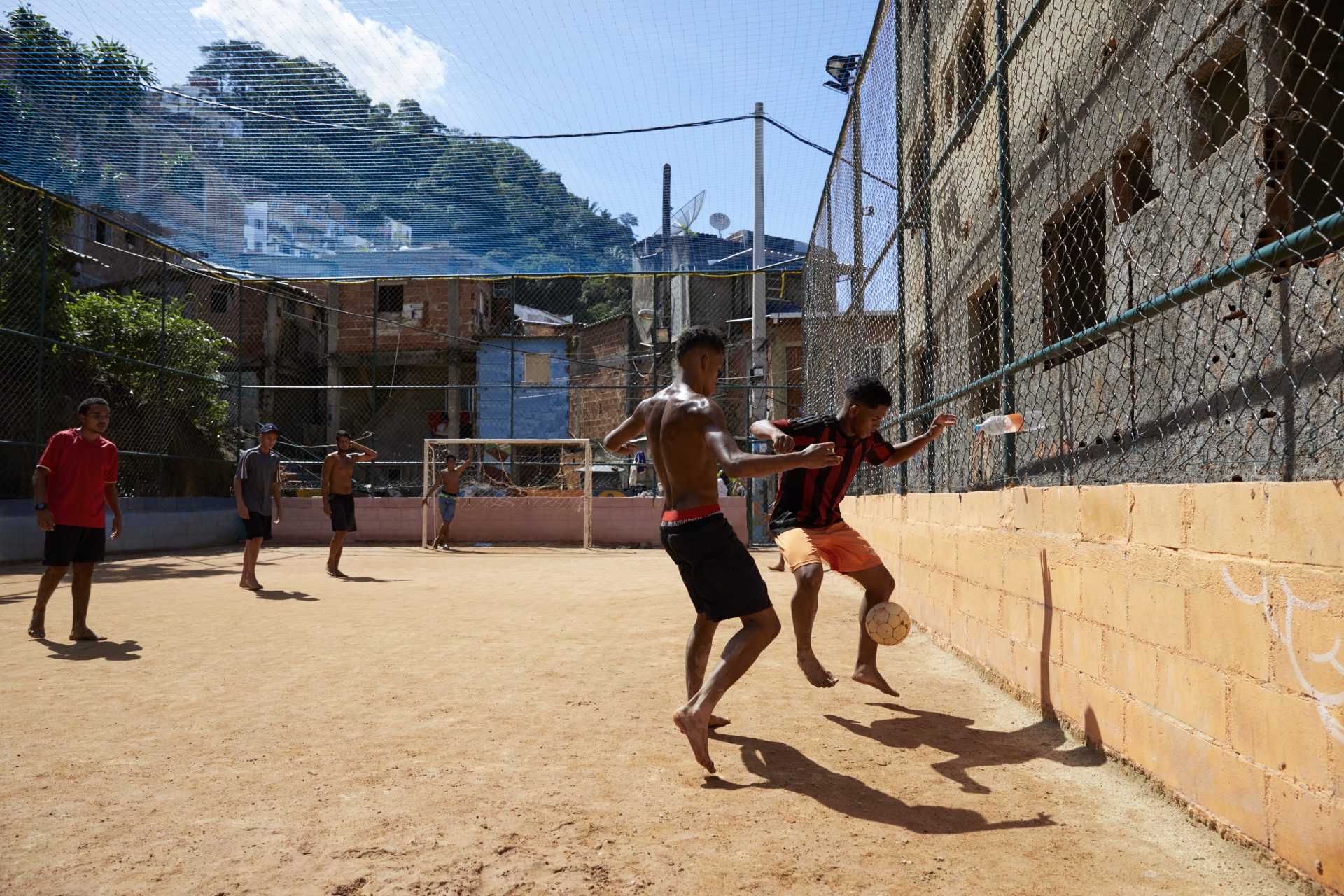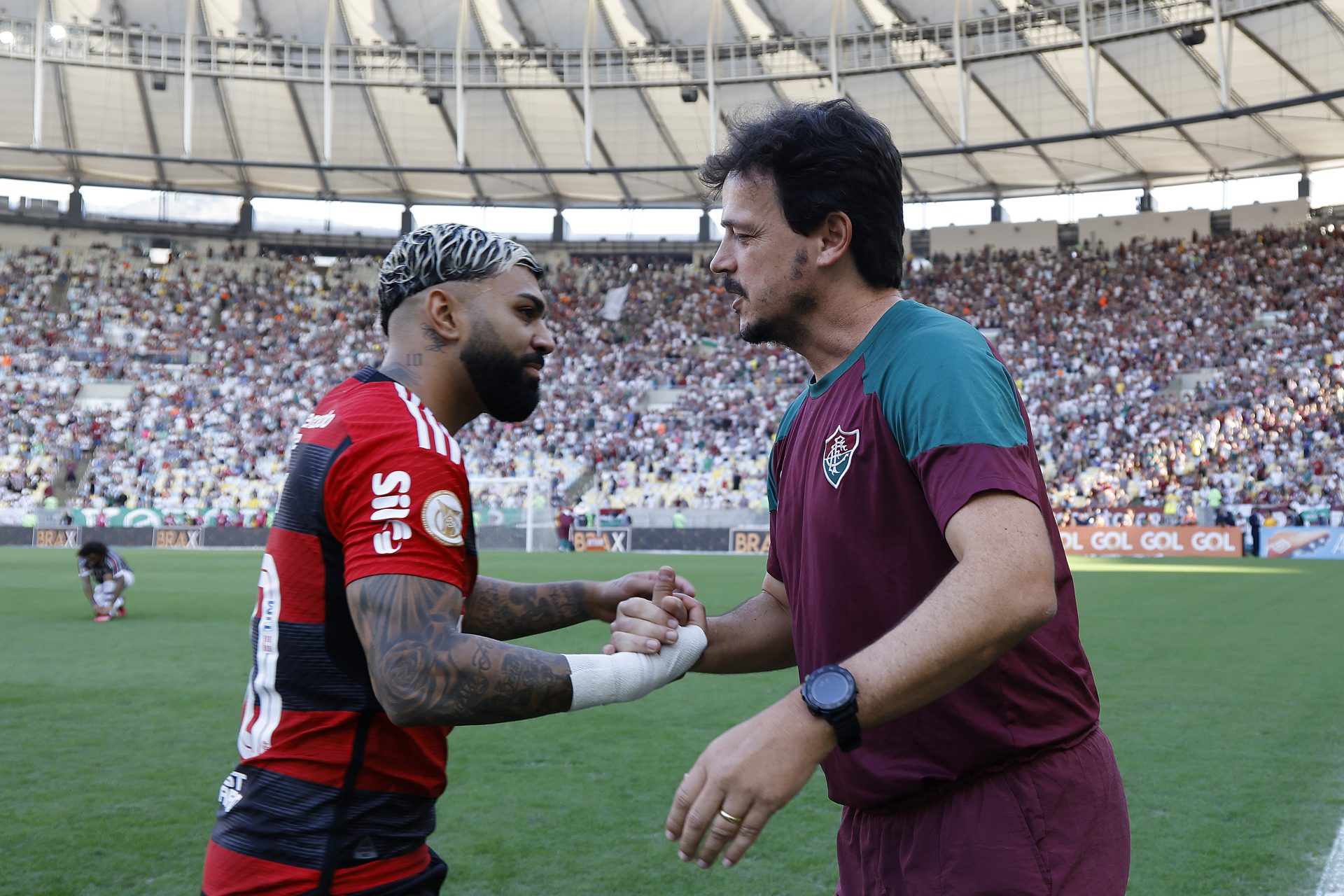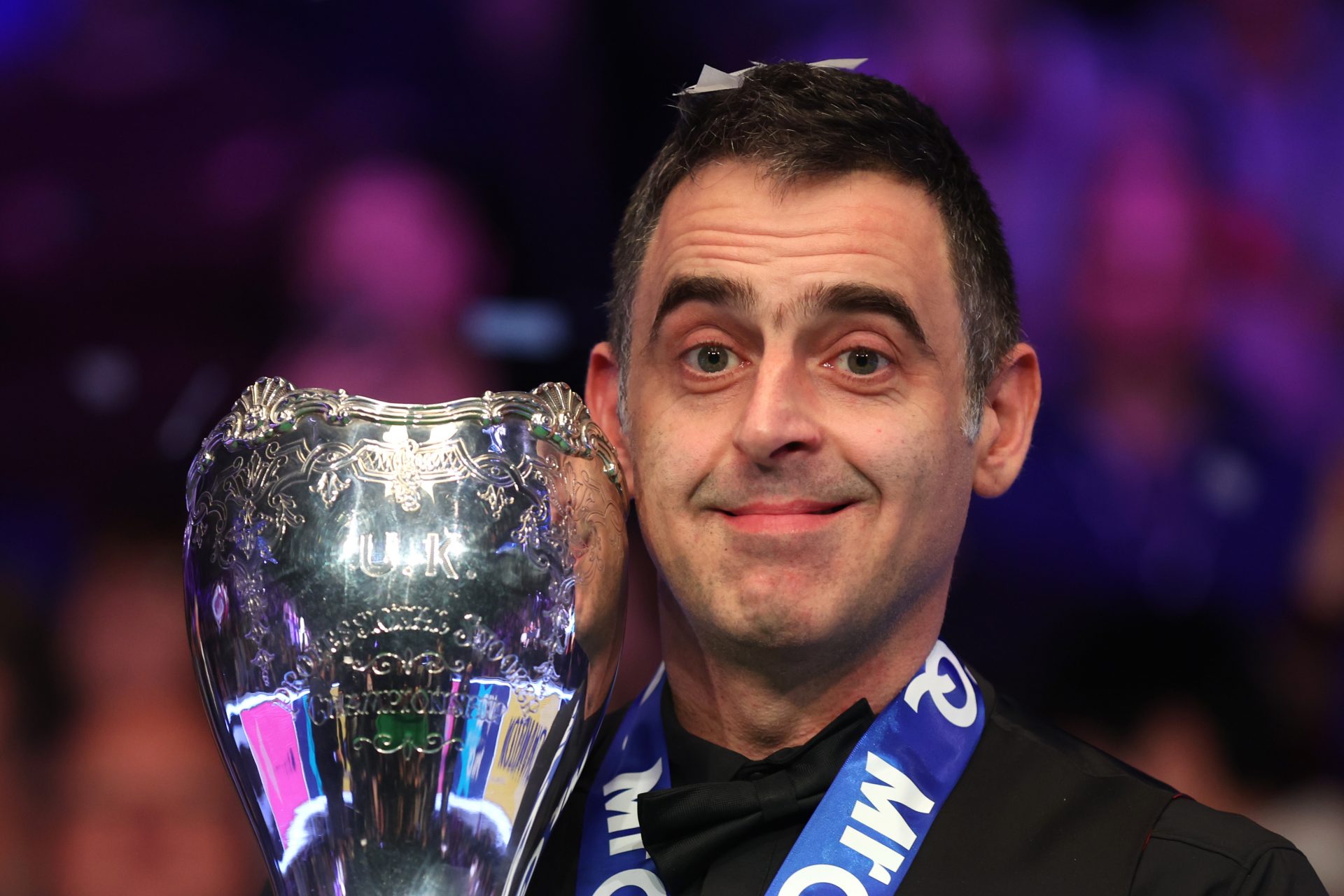Relationism: The unorthodox football style that could take Brazil back to the top
Relationism is a new football strategy that is beginning to take hold in notable teams worldwide. While its origins are debated, its direct and aggressive playstyle is starting to uproot old concepts and strategies of how the beautiful game should be played.
Currently, possession-based tactics dominate the game, emphasizing the importance of players maintaining position, preserving spacing, and keeping possession. Some have coined it 'tiki-taka', 'jogo bonito', or 'passing football'.
While it has proved effective at the highest level – utilized by Manchester City to win the Champions League in 2023– it may soon face contention as the rise of relationism has proven to be an alternate strategy in football.
Relationism, beyond a simple tactic or formation, is more of a lens of understanding the game. Instead of seeing the game as a rigid formation where the ball travels up and down the pitch, Relationism reimagines football and allows players to move more freely around the pitch.
This gives them the freedom to move closer to the ball and seek out situations in which the ‘relationships’ can lead to an attacking chance.
Relationist football styles began to take root in Malmö F.F. (Sweden) and Benefica (Portugal), however, the team that embodies relationism the most is Fluminense (Brazil), coached by Fernando Diniz.
In order to observe the magic of relationsim, one must pause his TV screen and observe the method to the madness behind the scenes.
To many football fans around the world, it might seem incompatible due to the chaos, however, Brazil's Fluminesnse is pioneering this new football concept to great success.
“Imagine someone who has never danced before being asked to judge a performance of a Tango, Capoeira or Waltz.” Writes football analyst Jamie Hamilton, who coined the term ‘relationism’ in 2022. “Their eyes will see the human bodies move, but they will not understand nor appreciate the complexity of the movements.”
Beyond just trying to create overloads by bringing a player from the far side over to the near side, relationism tries to break down a defense through reading situations on the fly, and quickly moving the ball between several different players.
This may seem abstract, but we see this concept mirrored in modern-day football. You may hear; the one-two, pass and go or the give-and-go to name a few of examples. It is all about speed, mobility, and agility with the ball.
To perform quick passing maneuvers, it is vital to have a perceptive and creative player receiving the ball, known as the ‘tabela’.
This is a skill set that has largely gone under-appreciated as the modern game has preferred smaller, faster, ‘false 9’s’ over larger strikers who can play with their back to goal and lay it off to teammates.
These 'tabletas' fit into a larger system of moving the ball up the pitch through diagonal 'escadinhas' or staircases, a Brazilian concept that has later been adapted to all leagues around the world.
An example of this in action is the famous Arsenal goal against Norwich City in 2013-14 tapped in by Jack Wilshire. Moving up the field, Wiltshire progressed through the 'escadinha' first with a give-and-go to Santi Cazorla, then with striker Olivier Giroud to round up the play.
UEFA-certified American soccer coach David Garcia was educated on the importance of positional football during his time as a player in Spain, however since then, he has come to understand the merits of relationism in teaching it to younger players to make them more flexible when playing different positions.
“Youth players, aged 12 and 13, are given the answers to solve a footballing problem (game situation) with ‘structure’.” Writes Garcia. “The problem becomes that when the player is given the answer, they have not actually developed any further understanding about their position in relation to the game but they simply carry out their position within the predetermined, imposed structure. Relationism is a desire for self-regulating players.”
When analyzing relationism in Fluminense, many football critics would bash the team due to their chaotic nature. When the team loses the ball, they all engage in a massive counter press which often generates a vertical counter-attack. Nevertheless, it's a risky gamble to leave so many open spaces in the back!
In Diniz’s Fluminense, this localized superiority of numbers on the side of the ball when it is turned over is utilized to force the ball to the sides, then attempting to trap the ball against the sidelines.
Systems like Pep Guardiola’s Manchester City, or Roberto De Zerbi’s Brighton, are attractive examples of the school of Positionalist thought in modern European football. These systems are clearly effective, as Manchester City under Pep Guardiola’s positional system won the Champions League.
Diniz and Malmö head coach Jon Dahl Tomasson are driving forward with their new vision of football, and if they continue their success, world football may see a fusion, or perhaps a clash of styles.
More for you
Top Stories



